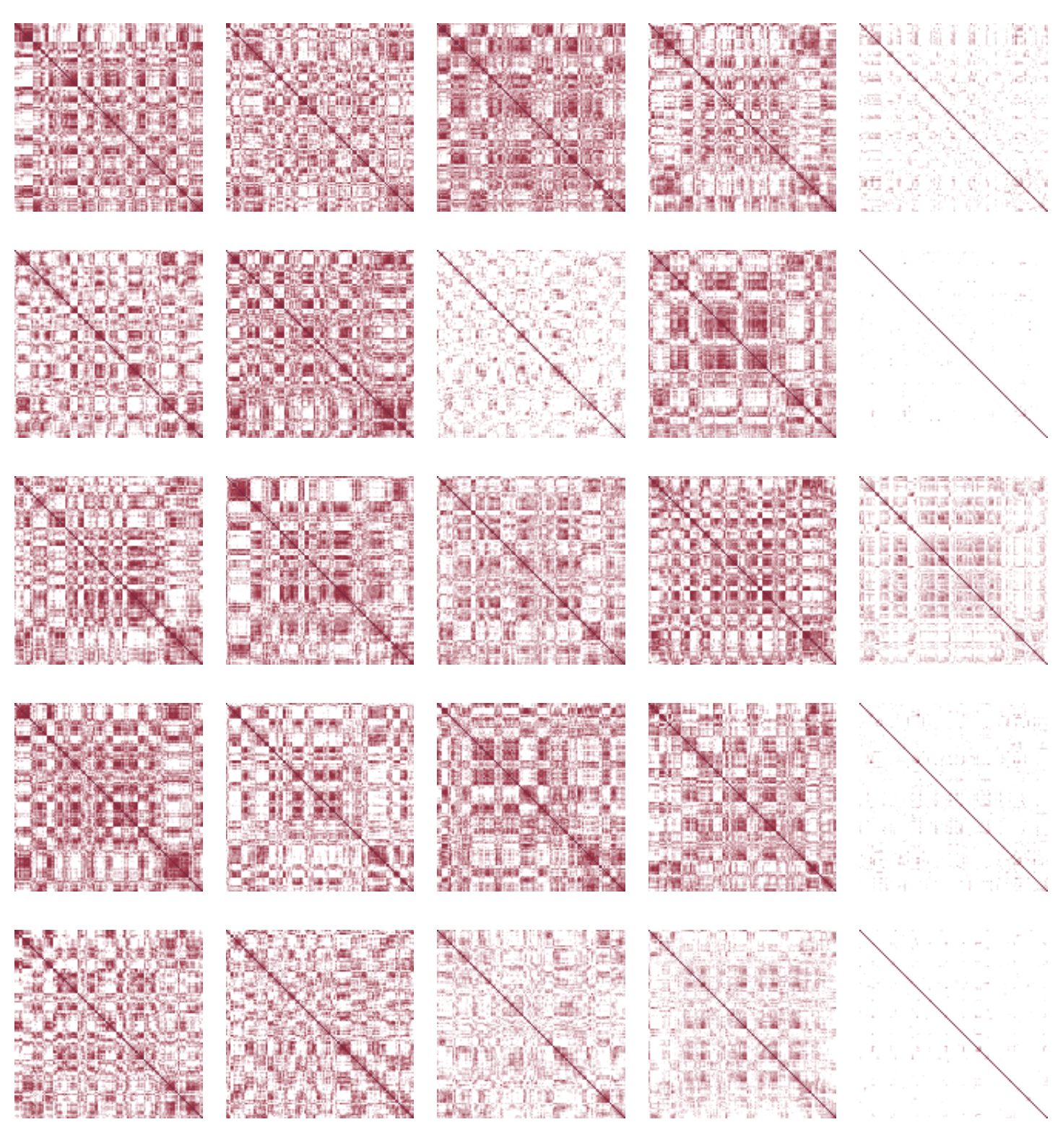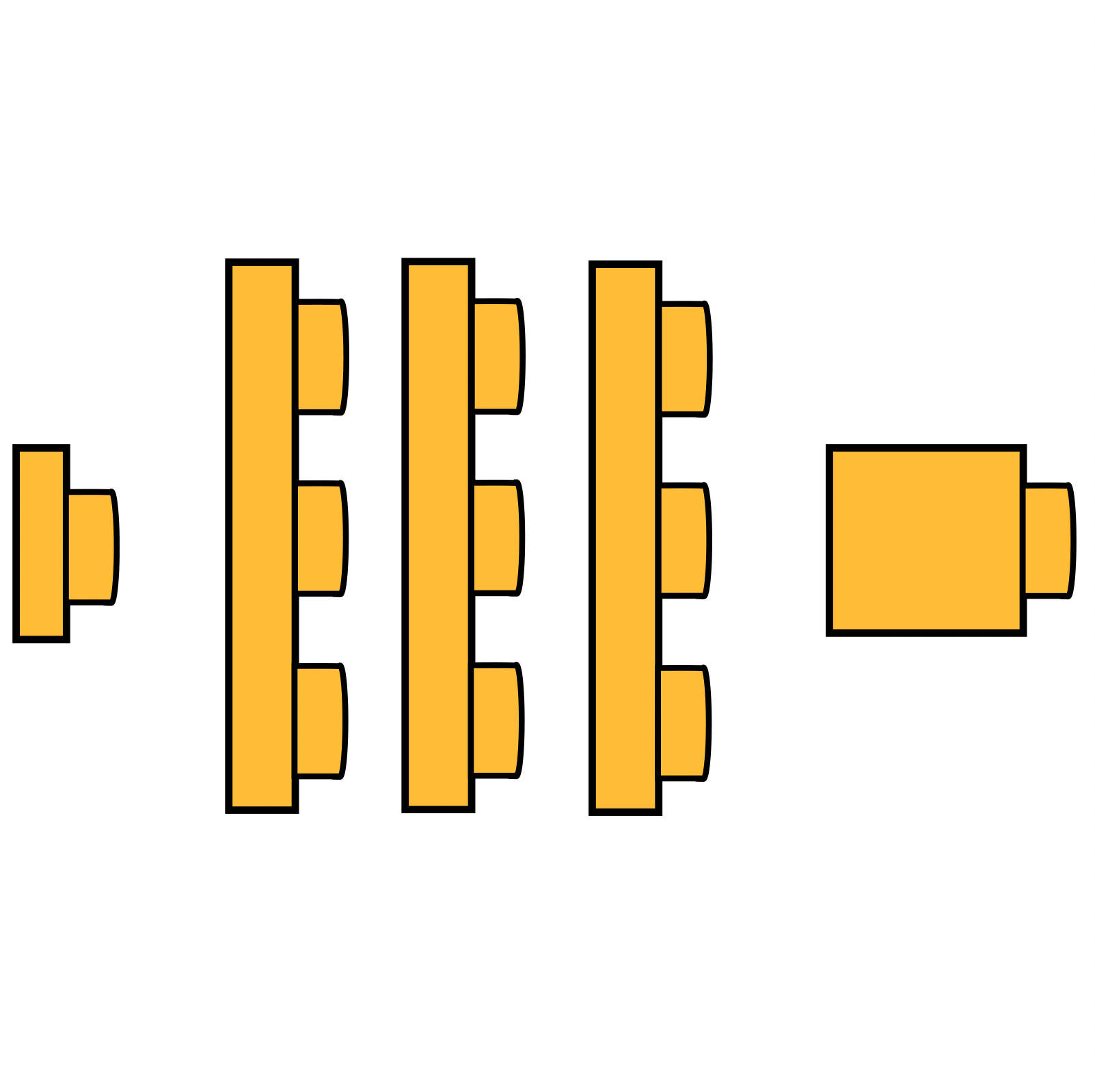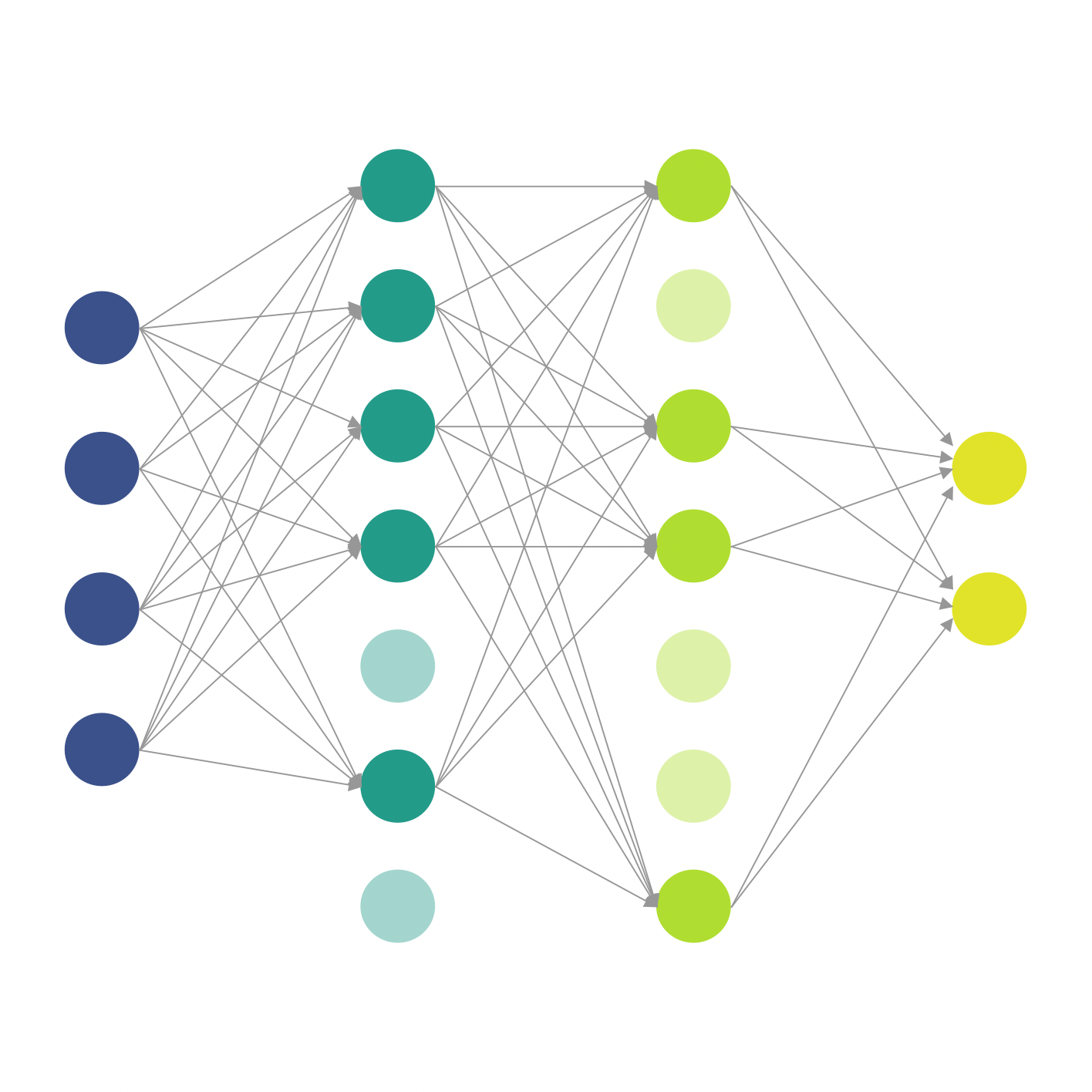I'm a software engineer at Qualcomm R&D, where I work on compilers and machine learning.
Before joining Qualcomm, I did my PhD at the University of Edinburgh, supervised by Professor Michael O’Boyle and Lecturer (Asst. Prof.) Elliot J. Crowley.
My research interests include (but are not limited to!):
- Architecture rewriting in neural networks
- Optimising compilers
- Program transformations
In my spare time I enjoy baking bread, climbing rocks, and using Oxford commas.
Conference papers

Neural Architecture Search Without Training
Joseph Mellor, Jack Turner, Amos Storkey, Elliot J. Crowley.
A low-cost measure for scoring networks at initialisation which allows us to perform architecture search in a matter of seconds instead of hours or days.


Neural Architecture Search as Program Transformation Exploration
Jack Turner, Elliot J. Crowley, Michael O'Boyle.
A compiler-oriented approach to neural architecture search which allows us to generate new types of convolution.


Bayesian Meta-Learning for the Few-Shot Setting via Deep Kernels
Massimiliano Patacchiola, Jack Turner, Elliot J. Crowley, Michael O'Boyle, Amos Storkey.
A Bayesian treatment for the meta-learning inner loop through the use of Gaussian Processes and neural networks.

BlockSwap: Fisher-guided Block Substitution for Network Compression
Jack Turner, Elliot J. Crowley, Amos Storkey, Michael O'Boyle, Gavin Gray.
One-shot compression of neural networks by swapping out residual blocks for cheaper alternatives, guided by Fisher Information at initialisation.

Characterising Across-Stack Optimisations for Deep Neural Networks
Jack Turner, José Cano, Valentin Radu, Elliot J. Crowley, Amos Storkey, Michael O'Boyle.
A study on the interaction of optimisations applied at different levels of the compilation stack for neural networks - from neural architectural decisions through to hardware design.

Workshops/Preprints
Pruning neural networks: is it time to nip it in the bud?
Elliot J. Crowley, Jack Turner, Michael O'Boyle, Amos Storkey.
An investigation into the efficacy of structured pruning for compressing neural networks. We show that simple downscaling schemes can be used to produce more performant networks than their pruned equivalents.

